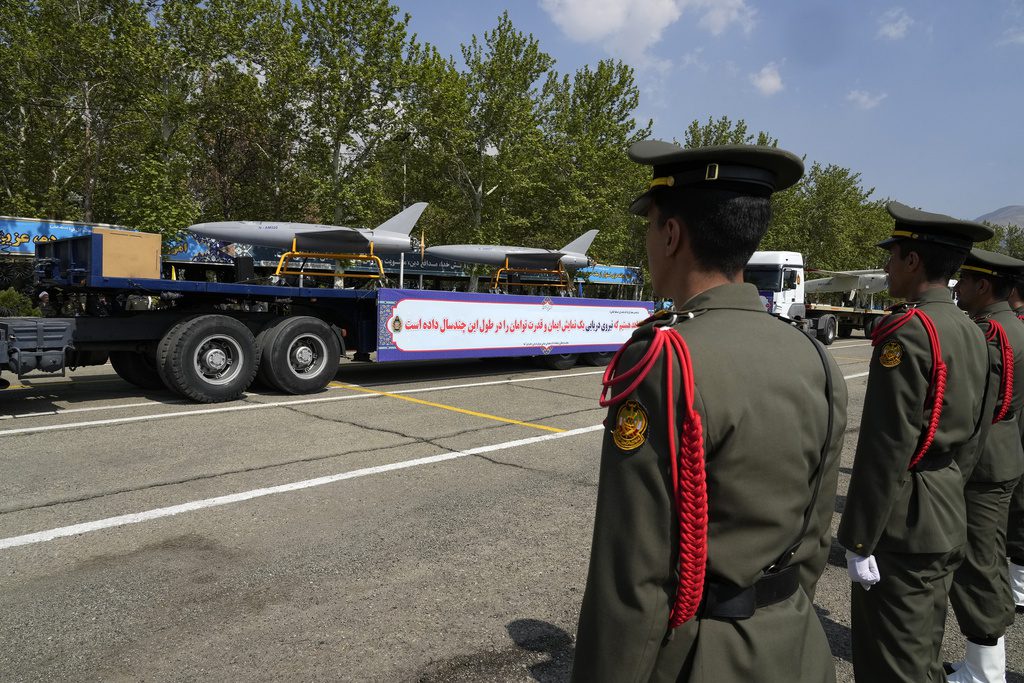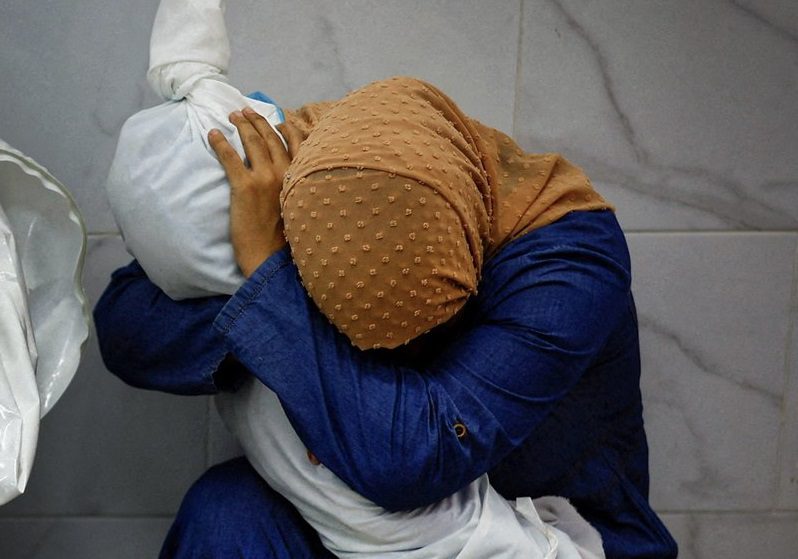A special discussion, during which the enthusiastic spirit of the European Football Championship and the 2004 Olympic Games was revived, was held by Intrakat on 9The Economic Forum of Delphi, with the participation of the European Champions Takis Fyssa and Antonis Nikopolides, as well as the Olympic gold medalist in the gymnastic rings competition, Demosthenes Tabakou.
Under the coordination of journalist Giorgos Kouvaras, the three athletes talked about their memories of that unforgettable sports summer, the great lessons that sports can offer in other areas of life, the secrets of success, but also the value of failure. A highlight of the event was a memory of Antonis Nikopolides: “When we arrived in Athens after 2004 and visited the Presidential Palace, the then President of the Republic, Kostis Stephanopoulos, greeted us there with a phrase that makes you nationally proud. “It is the second time in my life that I have seen so many Greek flags: One when Karamanlis came in 1974, and one now,” he said.
The Rehagel factor
Antonis Nikopolides emphasized that in 2004 Greece was the absolute outsider, noting that the national team had top players and leadership under Otto Rehagel, who managed to create a team that could beat anyone at that time. And he underlined that the German coach made difficult decisions, without taking into account the balance between the clubs, while managing to create an ideal environment and a winning mentality.
For his part, Takis Fyssas admitted that the team’s relationship with their coach “wasn’t love at first sight”, but soon the players realized that Rehagel believed in their potential, had principles and morals and inspired them . “All 23 were amazing footballers and had the same “chip” in the brain: “we” over “I”” he noted, while Antonis Nikopolidis confirmed that it was a joint decision of all the players to share the prize through the 23.
The value of failure
Olympic gold medalist Demosthenes Tabakos pointed out that the success of 2004 did not come easily, as it was preceded by five years of failures, which served as a lesson and motivation to improve, making it easier for him to endure the path to world success. And he emphasized that winning gives confidence, but losing also brings lessons and improvement, so they act as two sides of the same coin and that’s why it’s important for the athlete to be able to manage both situations. “Neither excessive enthusiasm in victory nor let defeat take you down. Enjoy both,” he said and added that if he could go back in time, he would enjoy his failures more.
Antonis Nikopolidis also agreed with this opinion, who admitted that one learns more from defeat than from success. emphasizing that it is good to lose, but not to get used to losing. While he pointed out that it was not at all easy for him to manage the success of 2004. Accordingly, Takis Fyssas confirmed that with the defeat he learned to become better, noting that in order to do this, one must strive to understand what went wrong well and not to repeat the same mistakes. While he noted that today it would be impossible for the same team to win the Euros, due to the use of social media, which he said would have taken their minds.
Lack of mindset and development plan
Takis Fyssas commented that what the national team achieved in 2004 was an unrepeatable feat, which subsequently brought other distinctions, although he noted that we have a mentality issue that prevents us from working and achieving collectively. While Antonis Nikopolidis stated that today, although young athletes work even harder and more specialized, they may be following the wrong standards. “When I was growing up, Galis and Giannakis were role models for me and people we all wanted to be like” he emphasized and confessed that today there is no strategic plan for the development of the Greek athlete nor suitable infrastructure for the national team.
The need to invest in youth
Antonis Nikopolidis explained that he never understood the reason why the state makes honorary recruitments of athletes in the public sector and does not take advantage of them to become ambassadors for young children and introduce them to sports, as pointed out by Takis Fyssas, who underlined the need to guide young people to the ideals and values of sport, which can then help them in their lives.
And he confirmed that the 2004 team still has continuity, through the Urban Non-Profit Company (AMKE) “Champions for Life”, which implements sports education actions that bring the European champions closer to the new generations. While Demosthenes Tabakos called for a strategic investment in sports from the pre-school age, a subject to which he has dedicated himself in his current professional career.
#Nikopolidis #Fyssas #Tabakos #spoke #unforgettable #summer #Intrakat #event #Delphi #Economic #Forum


